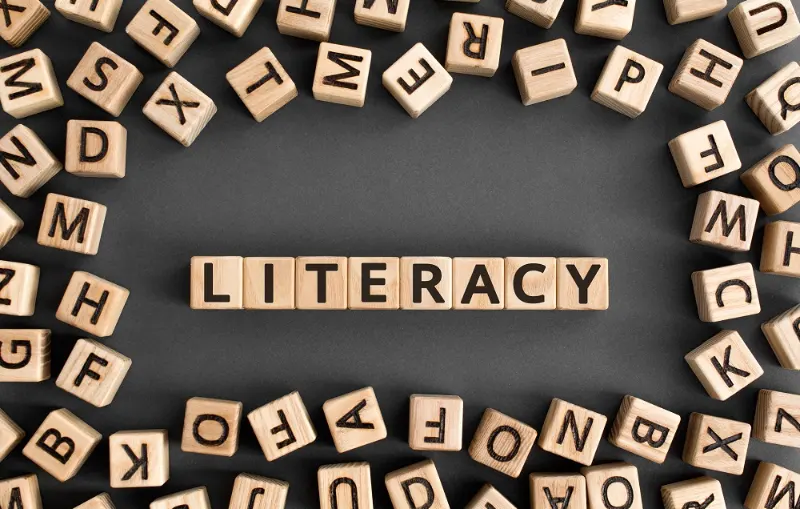Author: Nadia Halabi
Introduction
It was 2015 in the teachers’ lounge when I first heard that conversation taking place between two of my colleagues, who weren’t English teachers!
“I’m here to teach them Science and not reading and writing!”
“That is the English teacher’s job, and not ours!”
That conversation struck me to the core!
I thought to myself, “Every teacher is a literacy teacher,” so I decided to share how important it is for ALL teachers to embrace their role as literacy educators.
In today’s fast-paced and information-driven world, literacy has become an essential skill for success in any field. It is no longer sufficient for JUST English language arts teachers to focus solely on developing reading and writing skills. The responsibility of fostering literacy skills should be shared by all content area teachers throughout a student’s academic journey. In this blog, we will delve into and discover the marvelous connections and approaches that can be made when literacy skills are infused into various content areas.
Beyond the Textbook-Building Bridges Between Subjects:
Gone are the days when literacy was confined to traditional language arts classrooms. Integrating literacy skills throughout all subjects leads to higher academic achievement, critical thinking, and improved communication. Content area teachers who utilize subject-specific reading and writing strategies enable students to effectively understand and communicate complex ideas within their respective fields. For example, science experiments can spark curiosity in reading, history can come alive through storytelling, and math problems can be tackled through logical reasoning and communication. By highlighting these connections, students develop a deeper understanding of their subjects and learn to apply literacy skills in diverse contexts.
Empowering Students-Making Learning Relevant:
To truly engage students, we need to show them how literacy skills are fundamental to succeeding in their chosen career paths. A report by the Association of American Colleges and Universities emphasized the need for students to develop advanced literacy skills to succeed in college and the workplace. Employers increasingly seek individuals with the ability to comprehend and analyze complex texts, convey thoughts through written communication, and engage in critical thinking. Consequently, content area teachers have a responsibility to prepare students for life beyond the classroom.
Think of English skills as a toolset that helps students analyze diverse texts, effectively communicate their ideas, and understand complex concepts. Additionally, promoting digital literacy as an essential component of modern life equips students with the necessary skills to navigate an increasingly digital world.
Teacher Collaboration-Unleashing the Power of Teamwork:
Collaboration among teachers is vital when integrating literacy skills across all subjects. Sharing best practices, planning cross-curricular activities, and aligning teaching strategies make literacy instruction more impactful. Success stories abound when educators come together to promote literacy in their classrooms, ultimately resulting in enhanced student comprehension, motivation, and overall academic success.
Assessment Redefined-Holistically Evaluating Literacy Growth:
Traditional assessment methods may not accurately measure students’ literacy growth across different subjects. Innovative approaches such as project-based assessments, portfolios, and reflective journals allow students to demonstrate their understanding and progress in diverse and authentic ways. These alternative assessments provide a holistic view of students’ literacy development and give them the opportunity to showcase their skills beyond standardized exams.
In conclusion, as educators, we have the power to equip students with the literacy skills they need to navigate a complex and ever-evolving world. By embracing our role as literacy teachers across all content areas, we can cultivate critical thinkers, lifelong readers, and successful individuals who are empowered to make a difference. Let’s unite as educators, embracing this shared responsibility, and unleash the power of literacy in every corner of education! Together, we can unlock the potential of our students and create a brighter future.



